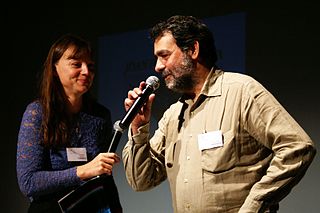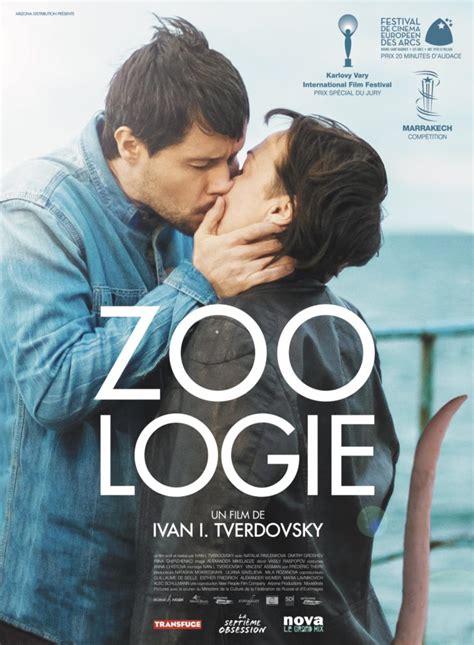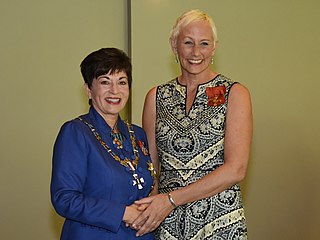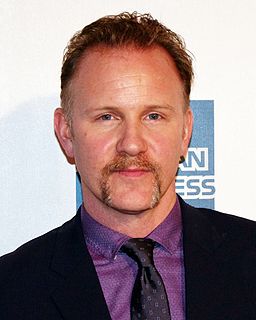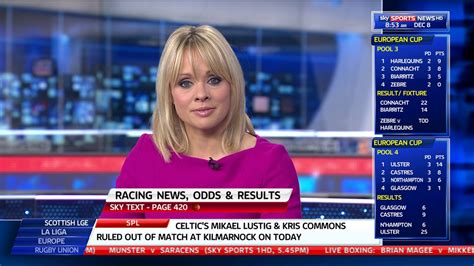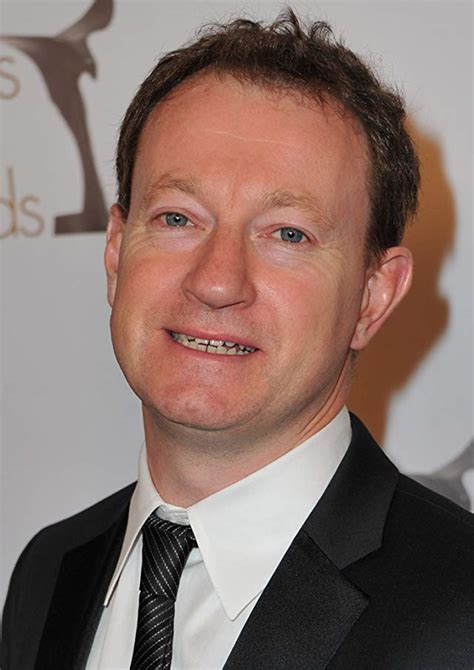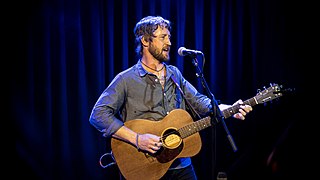A Quote by Alexander Skarsgard
If you're a great documentary filmmaker, it doesn't necessarily mean that you're a great narrative filmmaker. There are fantastic documentary filmmakers that can't direct actors. You don't have to do that in a documentary, if it's a real documentary.
Quote Topics
Related Quotes
When you say documentary, you have to have a sophisticated ear to receive that word. It should be documentary style, because documentary is police photography of a scene and a murder ... that's a real document. You see, art is really useless, and a document has use. And therefore, art is never a document, but it can adopt that style. I do it. I'm called a documentary photographer. But that presupposes a quite subtle knowledge of this distinction.
There is a documentary element in my films, a very strong documentary element, but by documentary element, I mean an element that's out of control, that's not controlled by me. And that element is the words, the language that people use, what they say in an interview. They're not written, not rehearsed. It's spontaneous, extemporaneous material. People
While it is increasingly possible for filmmakers to find an audience on their own (something that is particularly popular amongst documentary filmmakers) I'm still a believer in the "specialist". By this I mean, I back myself as a filmmaker, but I leave the marketing and distribution of my films to the experts.




